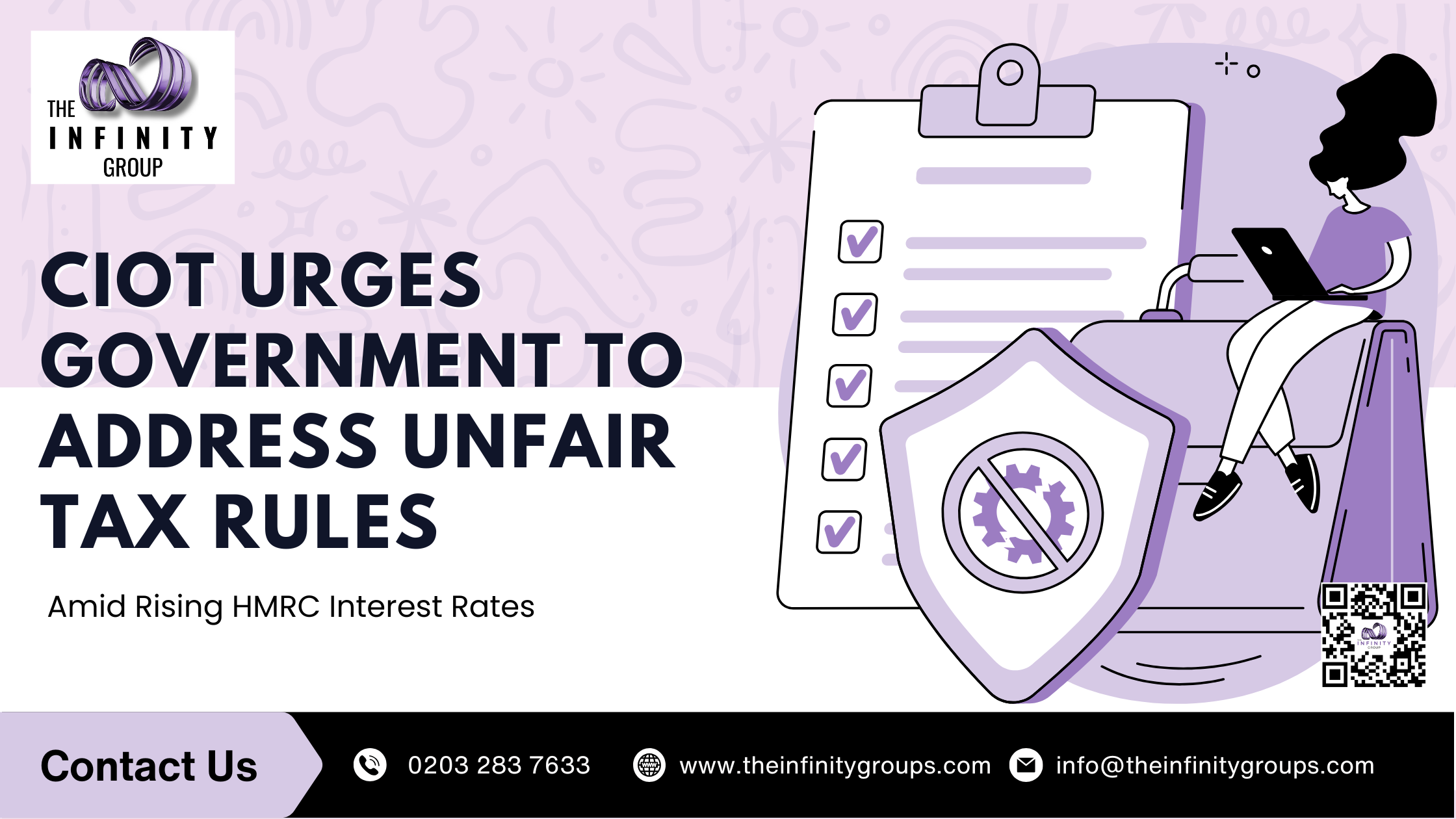The Chartered Institute of Taxation (CIOT) is calling on the UK government to address disparities in tax interest rates, especially as HMRC plans to increase late payment interest rates by 1.5% in April 2025. This hike will result in a significant imbalance, with taxpayers facing interest rates 5% higher on late payments compared to the rates HMRC offers on overpaid taxes.
Discretionary Powers and VAT Underpayments
Historically, HMRC had the discretion to waive interest on underpaid VAT in cases where there was no actual loss to the Exchequer. This was particularly relevant when a business under-declared VAT that was subsequently reclaimable by another party, such as a customer. However, with the new VAT interest regime effective from 1 January 2023, this discretionary power was removed. Consequently, businesses are now charged interest even in situations where there is no net tax loss.
CIOT’s Position
Richard Wild, CIOT’s Head of Tax Technical, explained that under the current system, HMRC no longer has the statutory discretion to waive interest in cases where there is no actual tax loss. As a result, businesses are now being charged interest even when the government has not lost any revenue.
The CIOT is advocating for the reinstatement of HMRC’s discretion to waive interest in such scenarios, emphasising that the current approach leads to unfair financial burdens on businesses without benefiting the public coffers.
The Call for Fairness
The CIOT is urging the government to consult on the rate and approach to repayment interest on overpaid tax. They argue that repayment interest should provide adequate and fair compensation for businesses or individuals who have overpaid, and also serve as an incentive for HMRC to process repayments promptly.
Conclusion
As the April 2025 increase in late payment interest rates approaches, the CIOT’s call for a review of these policies underscores the need for a balanced and fair tax system. Addressing these disparities is crucial to ensure that businesses are not unduly penalised and that the tax system operates equitably for all parties involved.

